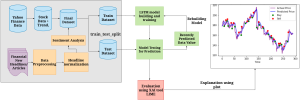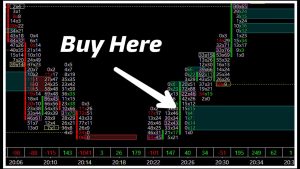Is Stock Trading a Good Idea?
2 min read
While the potential for immediate rewards can be great, stock trading also carries its share of risk. Stock prices can fall and never fully recover, so you may find yourself losing money if your stock does not regain its value in the time you need. Frequent trading also can cost a lot, as you may have to pay a broker to place your trades for you. You should also be aware of tax implications, as your profits from selling a stock within a year will be taxed at a regular income tax rate, rather than at the capital gains rate.
Long-term investing is a great way to reap the benefits of a company’s long-term growth. Consider AT&T Inc. (T), which was offered to the public at $1.25 in 1984 and now trades at $25 per share. Many investors have been collecting dividends from AT&T for decades. However, Sawaqed warns against falling in love with a stock, because businesses change and companies fail.
Trading stocks and options is a great way to gain exposure to companies with large earnings and profits. Depending on your strategy, you could earn a fixed percentage of the company’s earnings, or you might even earn a higher return than you would if you bought the stock. As long as you understand how the market works, there are countless opportunities to invest in stocks and options. While stock trading and options are similar in many ways, the risk and reward ratio of options is higher than that of stocks.
If you’re a low-risk investor, investing will suit you better than trading. You can benefit from trading while protecting your investment. You can use 10% of your money for trading, while the other ninety percent should be allocated to investments. If you have a diversified portfolio, you can use the rest for investment purposes. Just remember to follow the rules of investing as they apply to trading. If you can afford to risk more, trading is a good idea.
Day trading, on the other hand, is riskier than investing. Stock prices move up and down second by second, so you need to be able to monitor them. Professional traders have more time to invest and employ sophisticated trading tools, computer systems, and financial models. They are able to monitor the market much more effectively. They also have the time and resources to research every move. The potential for big profits is high.
Day traders typically buy and sell stocks at a fast pace, and they don’t really care about the underlying businesses. In these cases, they can make big profits in a matter of minutes, hours, or days, but most investors should keep things simple and invest in index funds. This way, they can enjoy long-term outperformance. But if you’re new to investing, it may be wiser to take a trial run in the market before committing to any major investments.







